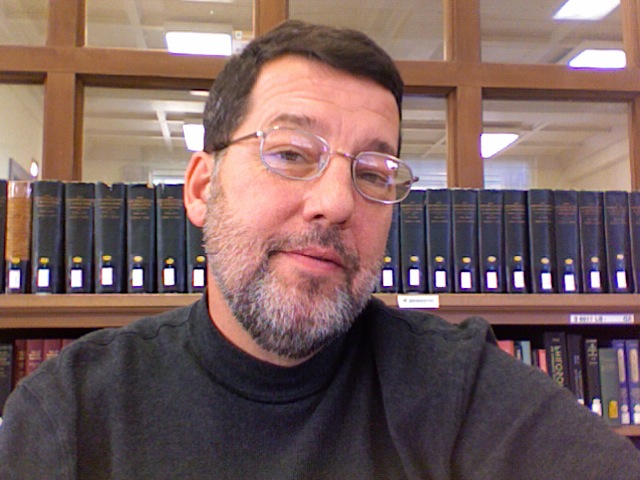
08 Dec (12/9)PAT BAILEY’S SPIRITUALITY WITH RELIGION
Editor’s note: In his doctoral dissertation, Pastor Pat Bailey of Telluride’s Christ Presbyterian Church is claiming the need for a re-visioning of the Christian church’s theology and its understanding of mission, the need for a more natural, integrative theology and for an earth-focused, contextual approach to mission.
Postmodern approaches to theology raise the question of the possibility of a transcendent referent. Theologian Gary Dorrien considers the fundamental choice postmodernism has forced theology to consider: whether to conceptualize divine transcendence as “God’s unfailing inexhaustibility” or as “God’s power over non-being.”
The choice, then, is between seeing God’s transcendence within the possibilities of Nature as an ultimate exemplification of the categories of immanence or as a possibility beyond Nature as the ultimate ground of all categories.
However one imagines divine transcendence, the resulting perspective is not the thing itself. The claim that postmodernism forces a choice between unfailing inexhaustibility or power over nonbeing is to reinstate metaphysics’ command over theology. Transcendence need not imply a definite reality, source, or destiny either within or beyond Nature, but could be figured as a fuller and expanding consciousness within the inter-dwelling of Nature and Spirit through an intersubjective intercourse of perspectives.
This view of transcendence is focused on human experience rather than divine attributes. But I am still not sure that transcendence makes any sense apart from a human experience that includes both a transcendence of past selves and limitations and experiences that connect human persons to something more than just the individual. Such immanently focused transcendence reflects the desire among many in the late-modern context for experiences of transcendence that will not deny human-flourishing or earth-flourishing.
Such a perspective on transcendence is not a denial of the possibility of a more-than in the life of God, even more than existence in time and space. It is simply an admittance that one has no access to that more-than except through experience within the immanent domain of Nature and Spirit.
Since no one fully knows the boundaries of Nature, whatever transcendence might be cannot ultimately be known. Might Nature itself have some kind of existence beyond time and space or be oriented to them differently than has yet been imagined?
I find it interesting that even when persons or religious traditions try to imagine God in classical terms of transcendence, they end up with images from within time and Nature.
While the essential being of God in itself is not available to knowing, certainly human perspectives regarding God and Nature have and are evolving or transcending themselves. The only more-than that can be sought and found ends up to be a perspectival more-than rather than an ontological one.



Sorry, the comment form is closed at this time.